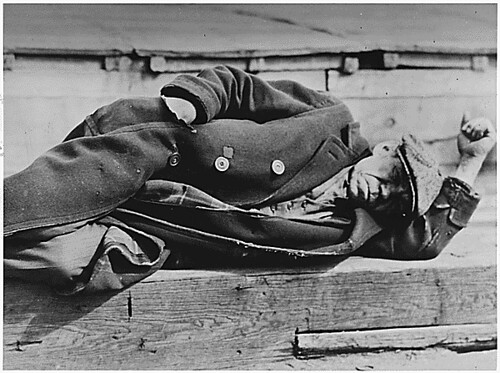Happy MLK day! I hope you brushed your teeth and changed
your underwear for this important day (seriously, try to take the time to do
the basics of personal hygiene for the greater good).
I recently purchased a new album that is apropos of this
day: Song of America. Granted, it is an older album from all the way back
to 2007, but it usually takes me a while
to catch up to things happening. It is a complication of 50 songs “related to
the history of America” and I would say coming out of the folk/protest genre of
music. Right now I am listening to “Lift Every Voice” which is very, very
appropriate for today.
Songs include “Sometimes I Feel Like a Motherless Child,”
“Peg & Awl,” “John Brown’s Body,” “Thousands Are Sailing to Amerikay,”
“Brother Can Spare a Dime?”, and “Deportee.” That is just a small sampling, but
hopefully you get the idea.
There is something sad about protest songs. They are a part
of our history, a part of who we are as a people, and often they are lost.
Either that are forgotten, or the meaning is forgotten. These are songs that
were written to express the pathos of a particular group of people and when
they are lost that experience is lost. When this happens the history of our
nation becomes monolithic, safe, white, and boring.
A safe history leads to a torpor of American consciousness; a dangerous
compliancy that at the least weakens democracy and at the worst leads to a
self-subjection of the people.
On this day when many people are spending time saying what
an important person Martin Luther King Jr. was we need to look at and remember
more and more of our story. The person of MLK evokes the darker side of our
nation’s story but also a side where true and real heroes are found. I would
encourage you to read of other movements, other times of suffering, and learn
of other American heroes. Read about the plight of the immigrant in the 1840s,
the struggle of women, the struggle of the Native American, the struggle of the
Chinese, the Japanese, the worker, and on and on. And then learn the music. The
music will connect you with the experience of the suffering better than any
history book can.
Finally ask yourself who is suffering in America today. We
are not a perfect nation and we still have a lot of work to do. Who are the
forgotten, the lost, the oppressed, and the silenced and what can you do to
help them?
Postscript: I just purchased two versions of "Strange Fruit," one sung by Billi Holiday and the other sung by Nina Simone. Both are fantastic and powerful. This is a perfect example of the dangerous music I am talking about. If you don't know the song, sit down and just listen. If you aren't moved at all, then you must be a bastard or dead (or a Vulcan).
Postscript: I just purchased two versions of "Strange Fruit," one sung by Billi Holiday and the other sung by Nina Simone. Both are fantastic and powerful. This is a perfect example of the dangerous music I am talking about. If you don't know the song, sit down and just listen. If you aren't moved at all, then you must be a bastard or dead (or a Vulcan).

No comments:
Post a Comment